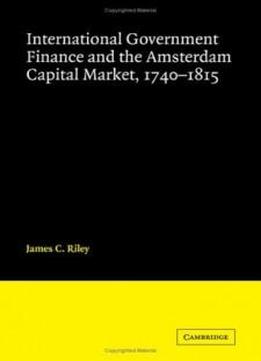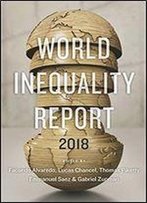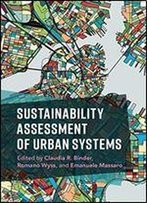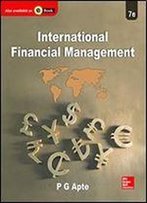
International Government Finance And The Amsterdam Capital Market, 1740-1815
by James Riley /
1980 / English / PDF
4.4 MB Download
During the eighteenth century European governments began
systematically using an international credit structure whose centre
was the Amsterdam capital market. This book reconstructs that
system and surveys its principal effects on the European and
especially the Dutch economies. Eighteenth-century states borrowed
chiefly to finance wars and, increasingly toward the century's end,
debts from earlier wars. Military and naval spending and debt
service together consumed up to eighty percent of peacetime
revenues and more in war. Borrowing on international markets
stabilised previously disruptive deficit financing techniques and
moderated the economic consequences of sharply irregular war
spending. This development however, eased the problems of
war-making more than it developed national economies or enhanced
prosperity. The Dutch, heretofore seen as having squandered the
advantage of cheap credit, actually faced the difficult problem of
finding productive uses for their savings at satisfactory returns.
During the eighteenth century European governments began
systematically using an international credit structure whose centre
was the Amsterdam capital market. This book reconstructs that
system and surveys its principal effects on the European and
especially the Dutch economies. Eighteenth-century states borrowed
chiefly to finance wars and, increasingly toward the century's end,
debts from earlier wars. Military and naval spending and debt
service together consumed up to eighty percent of peacetime
revenues and more in war. Borrowing on international markets
stabilised previously disruptive deficit financing techniques and
moderated the economic consequences of sharply irregular war
spending. This development however, eased the problems of
war-making more than it developed national economies or enhanced
prosperity. The Dutch, heretofore seen as having squandered the
advantage of cheap credit, actually faced the difficult problem of
finding productive uses for their savings at satisfactory returns.










